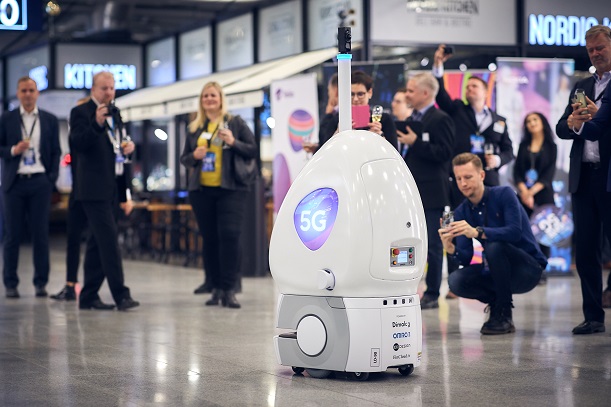Scheme aggregates 400 telecoms experts on every aspect from AI to arts.
A new 6G Futures virtual research facility has been launched for the UK, following in the wake of similar national schemes across the globe. The new research hub aims to examine the options for the next generation of autonomous networks for transport, smart cities, AI, mobile edge computing and convergence.
The virtual research centre was launched in August by the UK’s University of Bristol and King’s College. The virtual hub groups of this cyber institute will bring together 400 experts in telecoms, artificial intelligence, social sciences and the arts as they plan how to build on 5G’s progress.
Pre-emptive research
While 5G is still in its infancy, pre-emptive research into 6G is necessary because it will be so different, according to Professor Dimitra Simeonidou, director of the University of Bristol’s Smart Internet Lab and co-director of Bristol Digital Futures Institute.
China, the EU, Finland, Korea, Japan and the US already have projects, programmes and alliances to shape the as-yet-unstandardized “6G framework” and main business focus, said Simeonidou.
In February, a 6G research project involving major European operators was announced, while US carriers had previously committed to the Next G Alliance, a group established with the main goal of defining 6G technology. The Chinese state owned equipment maker ZTE announced its plans to ‘reconfigure the world‘ back in March 2020.
New cyber physical continuum
6G will be inherently human-centric and will establish a cyber-physical continuum by delivering real time sensory information, supporting haptics and holograms, said Simeonidou.
“The new centre will now focus on the next generation mobile networks and the truly awe-inspiring capabilities these will bring,” said Simeonidou, “this takes us far beyond future-forecasting: crucially, this is about having the specialist knowledge and expertise to transform visions into deliverable solutions, accelerate innovation and make a positive difference to society worldwide.
”The collective will develop novel architectures, incorporating federated exchange and self-synthesising mechanisms, advance the internet of skills, and embed blockchain, quantum and federated AI technologies, according to Simeonidou.
However, it not just purely about technology. Other objectives will be to create “societally impacting use-cases, while contributing to policy, alliances and global standards,” said Professor Mischa Dohler, professor of wireless communications at King’s College.
The centre builds on the Smart Internet Lab at the University of Bristol with 200 researchers working on 5G radio/wireless, optical communications and networks.
The Centre for Telecommunication Research (CTR) at King’s College London also has 3,200 researchers working on applications domains including the automotive, healthcare, emergency services, and creative industries.



